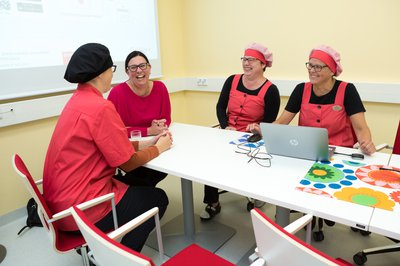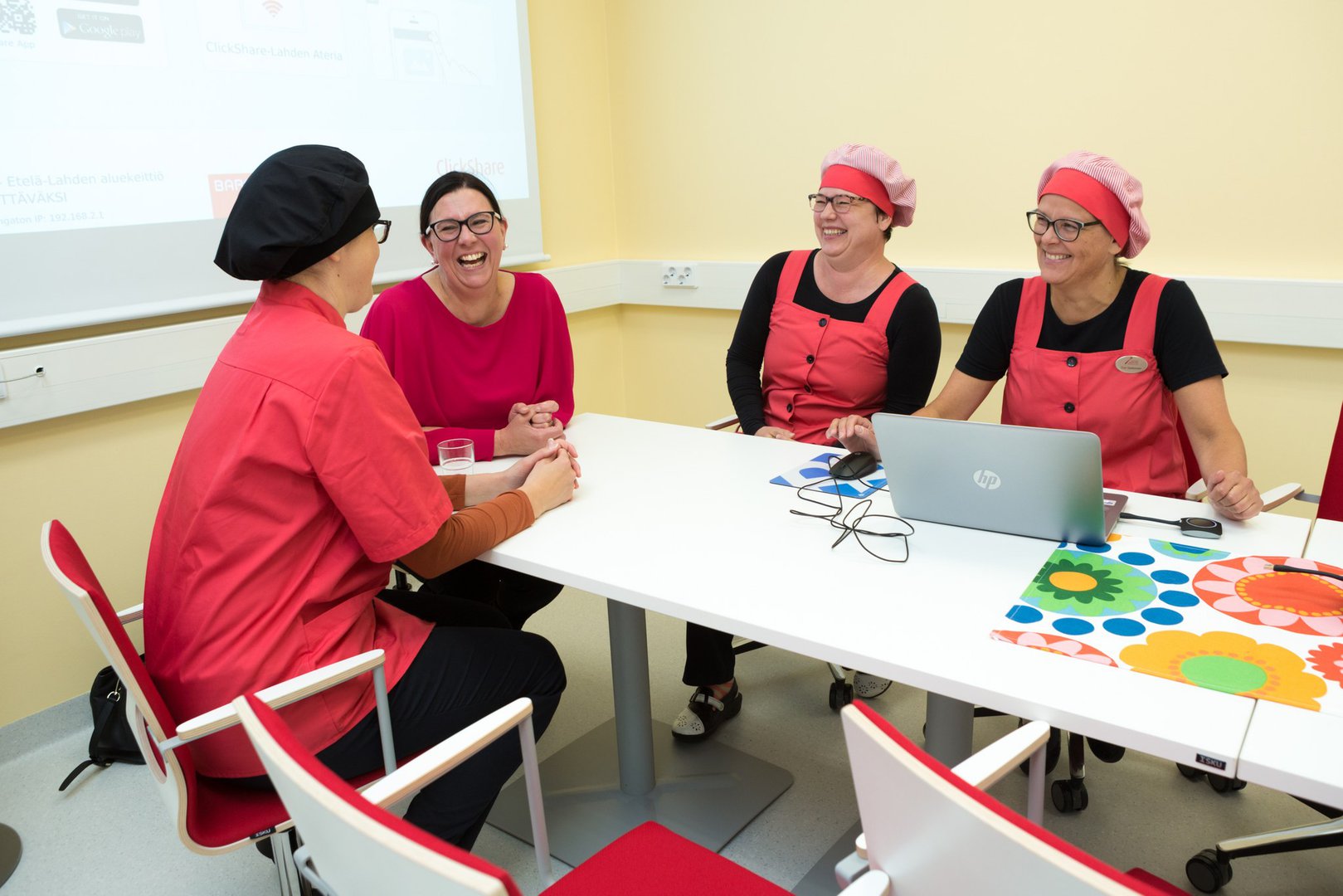Necessary Steps
- The management shapes the vision as a starting point for the strategy process; “where do we want to go?”
- A strategy group is formed with representatives of the organisation (and relevant external stakeholders) to carry out the tasks of the strategy process.
- The strategy process itself begins with gathering relevant internal and external information such as facts, numbers, regulations, potential partners, and EU, national, and municipal strategies and policies, along with further ideas for developments.
- Prepare and present the relevant material at meeting(s) in the strategy group. Be sure to have an agenda and decision points ready for the meeting.
- Discussions are facilitated (and moderated) about the content of the strategy; “what are we going to do, how will we do it, and who will do what?”
- The means, the costs, and a timetable are agreed upon for implementation. Present the strategy for management of the organisation.
- Write a strategy document to compile the aim, means, costs, and timetable, and assign responsibility for the implementation. Monitor and report regularly (i.e. monthly/ annually) on the progress of the implementation.
More Issues To Consider
- Sometimes the strategy process may be started through the initiative of external actors, policy and decision makers, or even customers.
- The strategy process is essentially a learning process based on dialogue and collaboration.
- Some participants in the strategy process may not be familiar with the framework and operations of public procurement and catering services, and therefore may need extra support for discussions. Participants should always feel comfortable and informed enough to offer ideas and views on developments.
- The strategy process may involve many discussions and meetings. Be prepared to bring in external experts for relevant aspects, e.g. legislation.
- It may be necessary to adapt the strategy document during its implementation.

